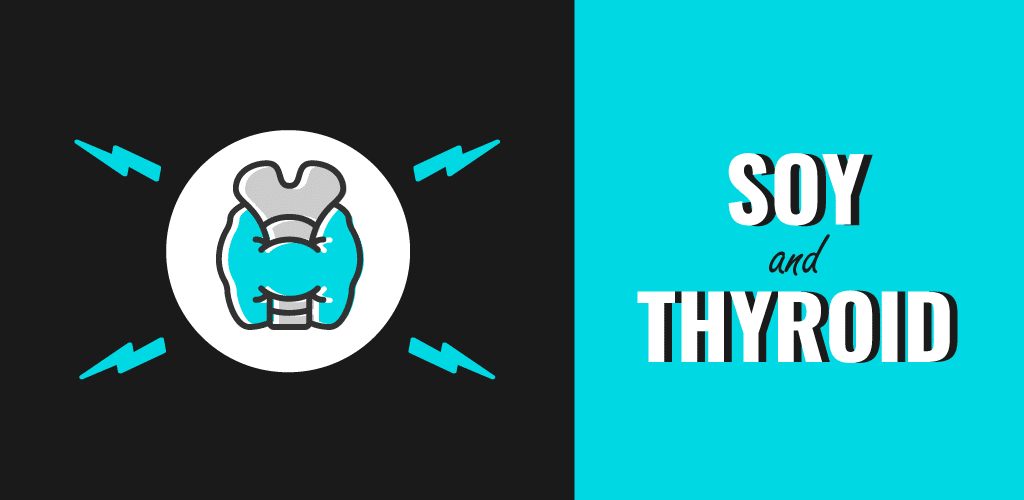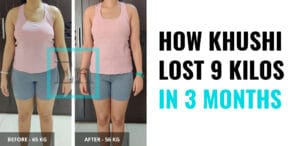In this post, I am going to talk about soy consumption and its effects on the thyroid.
Recently, I had a conversation with a friend who has hypothyroidism. She wanted to go vegetarian but does not like dairy. As a result, her protein intake would reduce without adequate dairy consumption. I suggested that she should include a few servings of soy in her diet. However, her doctor had advised her to not consume soy. He believed that it will worsen her condition.
I felt that this will be an interesting topic to write about. I also realized that many people are concerned about the effects of soy on the thyroid in general. Like, can its consumption cause hypothyroidism or damage the thyroid? How much should you consume?
I have written about soy in the past with regards to their association with male breasts. However, in this post, I am going to cover the effect of soy on the thyroid as well as hypothyroidism. We’ll begin by looking at the effect of soy on a healthy thyroid.
The Thyroid Gland
First, let’s have a look at the thyroid gland. The thyroid gland is a butterfly-shaped organ that is situated under the Adam’s apple. Its main function is to control metabolism. So, if you’re feeling cold, your body sends a signal to the brain that the body needs to warm up. The brain instructs the thyroid to do that. The thyroid secretes a hormone called thyroxine into the blood. The cells detect it and start producing heat as a result. Similarly, it also slows down metabolism.
Soy and the Thyroid Gland
Concerns about the effects of soy on the thyroid are based primarily on animal studies. However, data from animal studies have very little relevance in human subjects. A study published in 2006 found that neither soy foods nor isoflavones affect thyroid function in men or women1. Therefore, soy is safe to consume for people with a healthy thyroid.
Understanding Hypothyroidism
In this condition, the thyroid produces very little thyroxine which reduces metabolism. To tackle this problem, patients are asked to take a synthetic thyroid hormone called L-thyroxine. People are misled to believe that soy consumption will worsen the condition. This simply isn’t true.
Soy and Hypothyroidism
However, soy affects the absorption of L-thyroxine. It does this by reducing the amount of drug absorbed into the body2,3.
The research also supports this. In an interesting case, a woman needed a very high dose of L-thyroxine. Later they found out that she ate soy protein after taking the pill every day. When they removed the soy protein, her L-thyroxine dose dropped back to normal2. Therefore, it is not a good idea to eat soy immediately after taking the medication.
But this does not mean that patients with hypothyroidism can’t consume soy. Furthermore, L-thyroxine should be taken on an empty stomach. So, if there is a large time interval between the medication and soy, there won’t be any interference between them.
In conclusion, people with and without hypothyroidism can safely consume soy and soy products.
P.S. – Whenever I have referred to hypothyroidism in this post, I am talking about primary hypothyroidism, not tertiary and secondary. For other types of hypothyroidism, please consult your doctor.
In this post we covered just one of the topics of nutrition that you were confused about. However there are so many more topics that you must be confused about when wanting to achieve your health goals. If you want to reach your health goals with ease, in a sustainable manner and without getting confused then give us a try. See all plans here.




